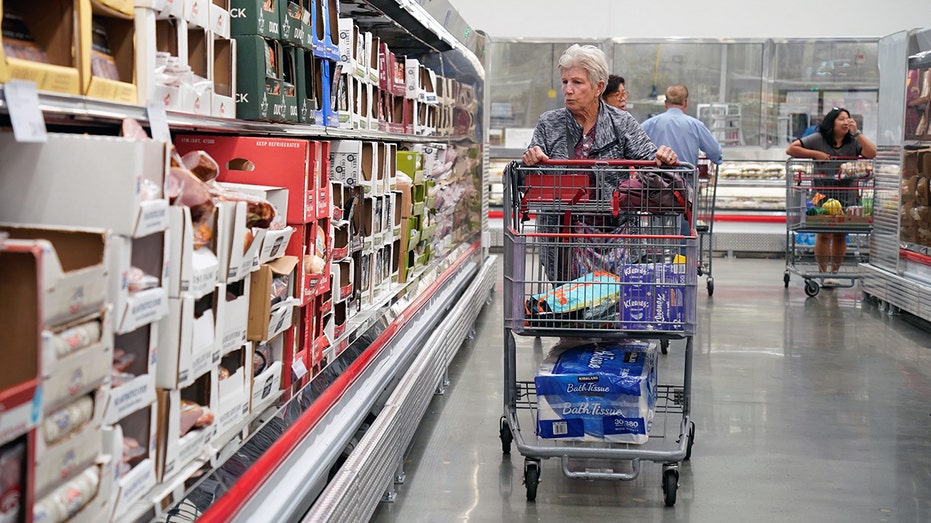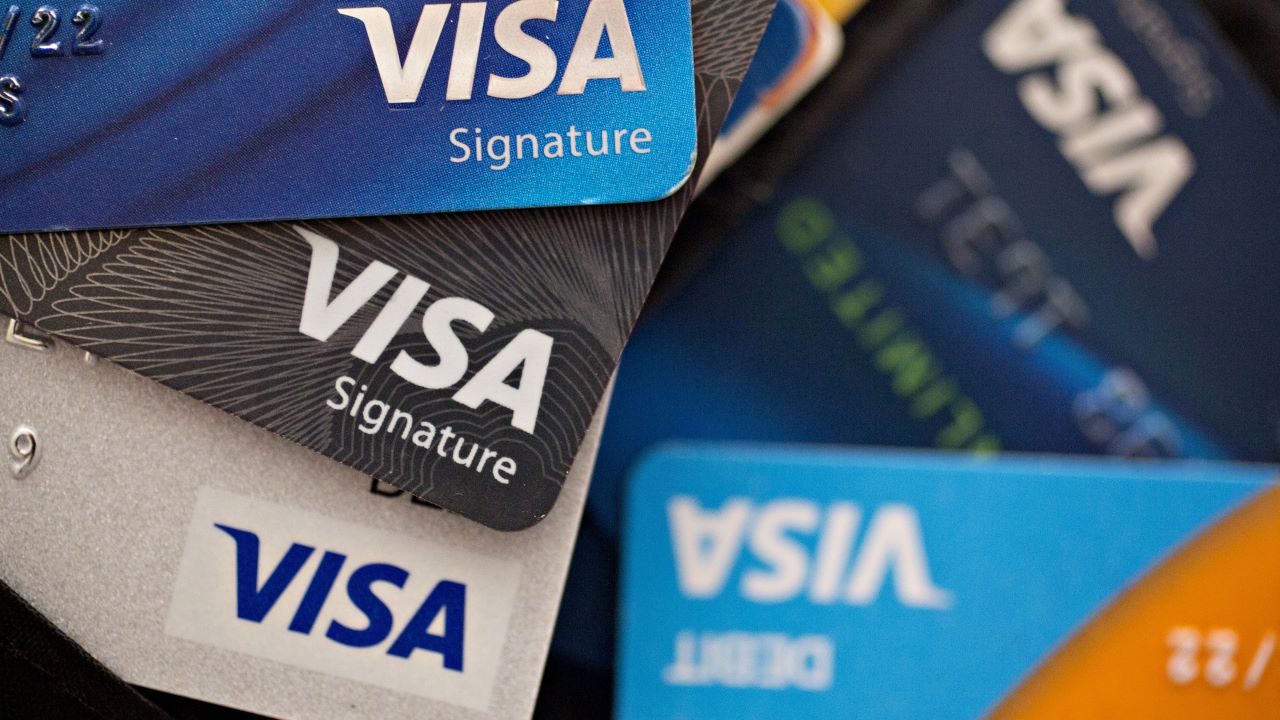More Americans are racking up credit card debt
Americans relying on credit card debt as high inflation squeezes
Trillions in credit card debt is catching up to American consumers: Jeff Sica
Circle Squared Alternative Investments founder Jeff Sica explains why consumer spending will dramatically decline before the holidays on 'Varney & Co.'
A growing number of Americans are racking up credit card debt in order to pay for their everyday necessities, a trend that may be a harbinger of economic troubles ahead, according to a new report from Bankrate.
Findings published by Bankrate on Monday indicate that nearly half of credit card holders – about 49% – are carrying credit card debt from month to month. That marks a sharp increase from just two years ago, when about 39% of Americans with credit cards carried debt from month to month.
More than half of Americans carrying credit card debt have done so for over a year.
Even more concerning is that of those holding credit card debt, 10% do not think they will ever be able to pay off their bills. Another 25% expect they will pay off their debt at some point – but that it will be at least five years in the future.
401(K) HARDSHIP WITHDRAWALS ARE SURGING AS HIGH INFLATION SQUEEZES AMERICANS

Visa Inc. credit and debit cards are arranged for a photograph in Washington, D.C., on April 22, 2019. (Photographer: Andrew Harrer/Bloomberg via Getty Images / Getty Images)
"While Americans are managing their credit card debt pretty well, all things considered, we are seeing pockets of trouble at the household level," said Ted Rossman, Bankrate senior industry analyst. "If you have credit card debt, this is probably your highest-cost debt by a wide margin."
The most common reason that Americans turned to their credit card was an emergency or unexpected expense, including medical bills, car repairs and home repairs. Individuals also blamed day-to-day expenses for the increase in credit card debt.
A FED PAUSE LIKELY WON’T HELP STRUGGLING CONSUMERS
The Bankrate survey comes shortly after the New York Federal Reserve reported that total credit card debt surged to $1.08 trillion in the three-month period from July to September, an increase of $48 billion, or 4.6% from the previous quarter. It marks the highest level on record in Fed data dating back to 2003 and the eighth consecutive annual increase.
The rise in credit card usage and debt is particularly concerning because interest rates are astronomically high right now. The average credit card annual percentage rate, or APR, hit a new record of 20.72% last week, according to a Bankrate database that goes back to 1985. The previous record was 19% in July 1991.

Customers shop at a supermarket in Foster City, California, on Sept. 13, 2023. (Photo by Li Jianguo/Xinhua via Getty Images / Getty Images)
If people are carrying debt to compensate for steeper prices, they could end up paying more for items in the long run. For instance, if you owe $5,000 in debt – which the average American does – current APR levels would mean it would take about 279 months and $8,124 in interest to pay off the debt making the minimum payments.
GET FOX BUSINESS ON THE GO BY CLICKING HERE
The rise in balances comes amid the Federal Reserve's aggressive interest rate hike campaign as it tries to crush stubborn inflation and cool the economy.
Although inflation has cooled considerably in recent months, it remains up 3.7% compared with the same time one year ago, according to the most recent Labor Department data.
The inflation spike has created severe financial pressures for most U.S. households, which are forced to pay more for everyday necessities like food and rent. The burden is disproportionately borne by low-income Americans, whose already-stretched paychecks are heavily affected by price fluctuations.
